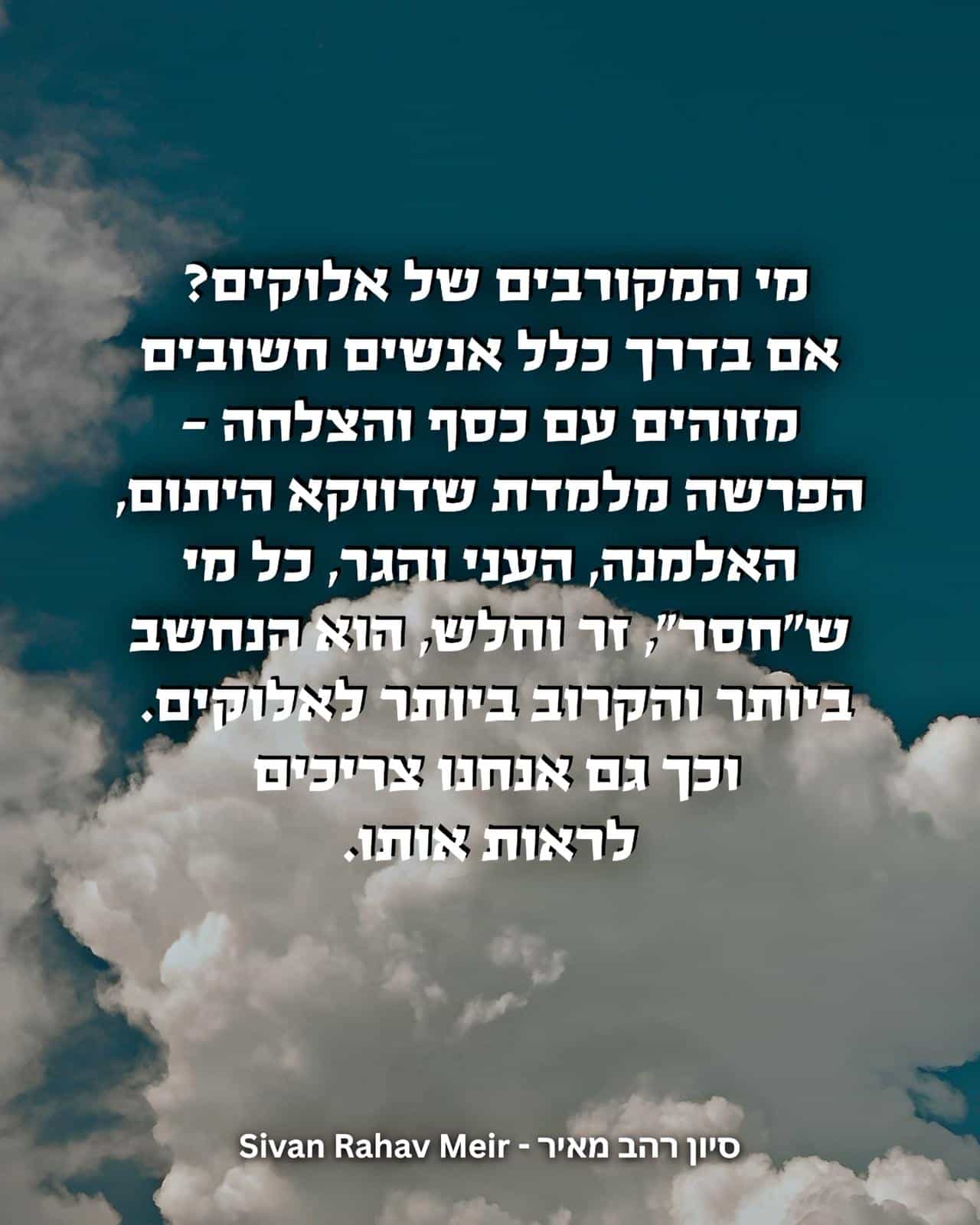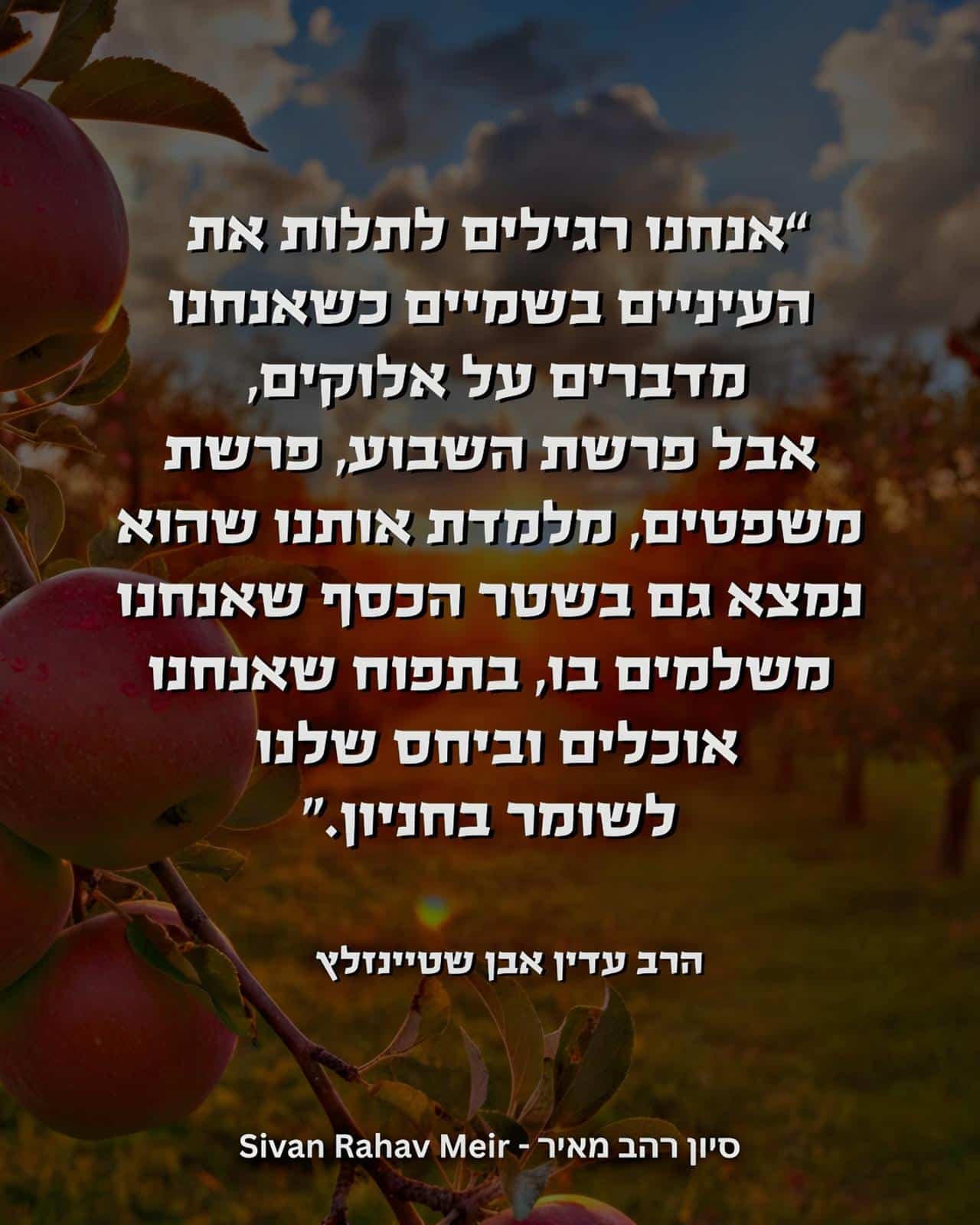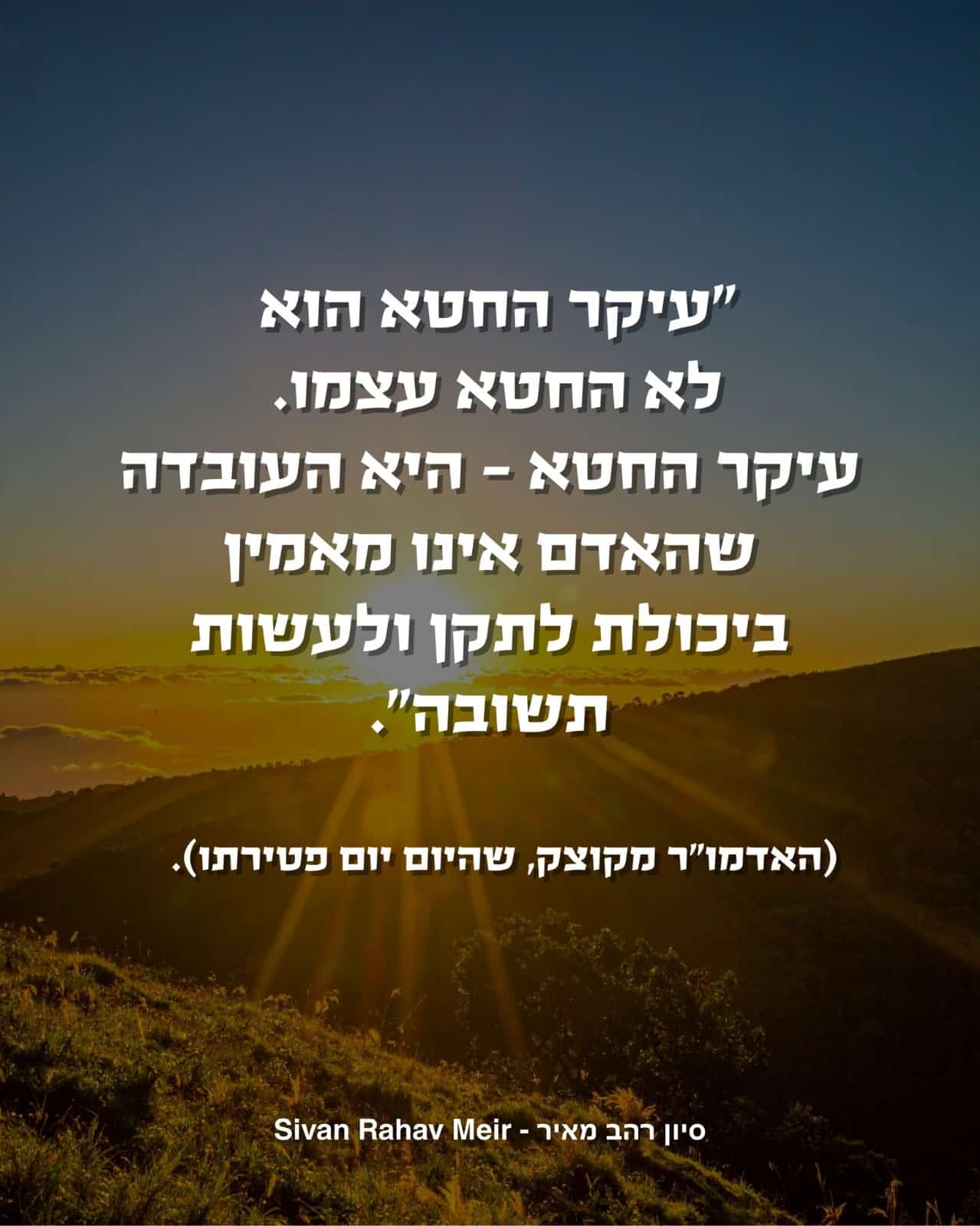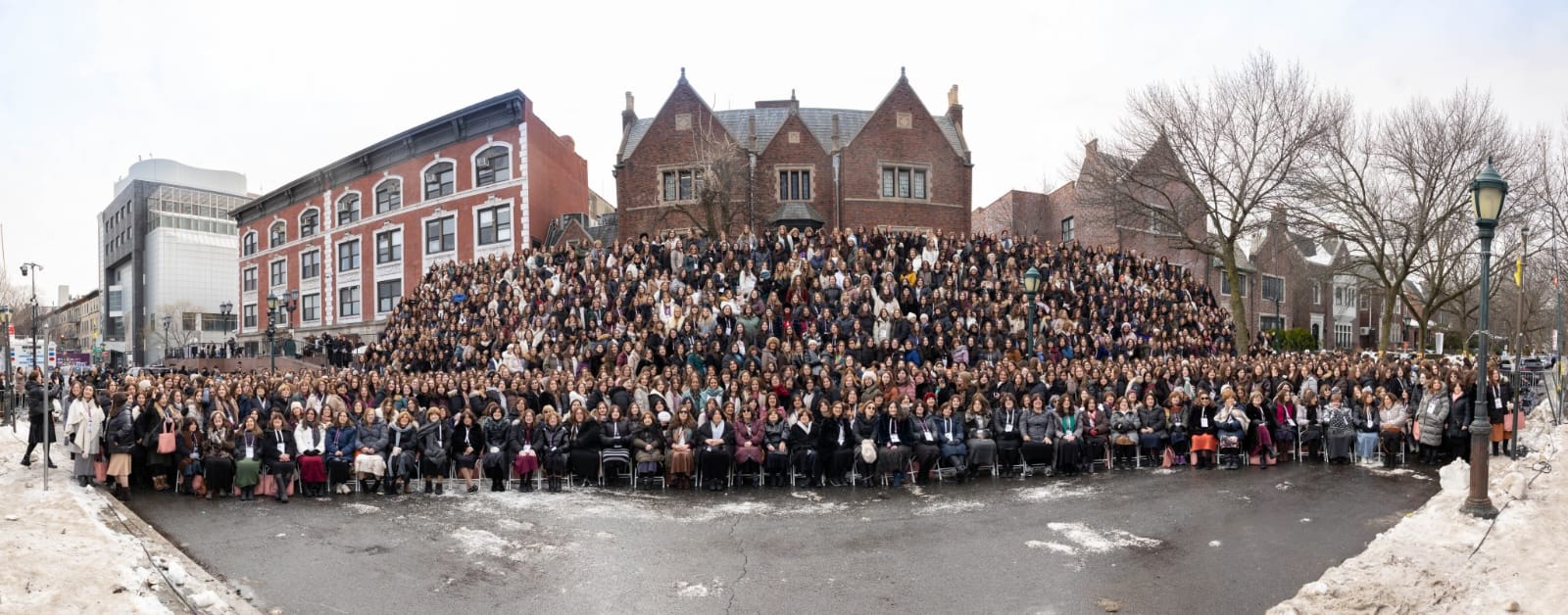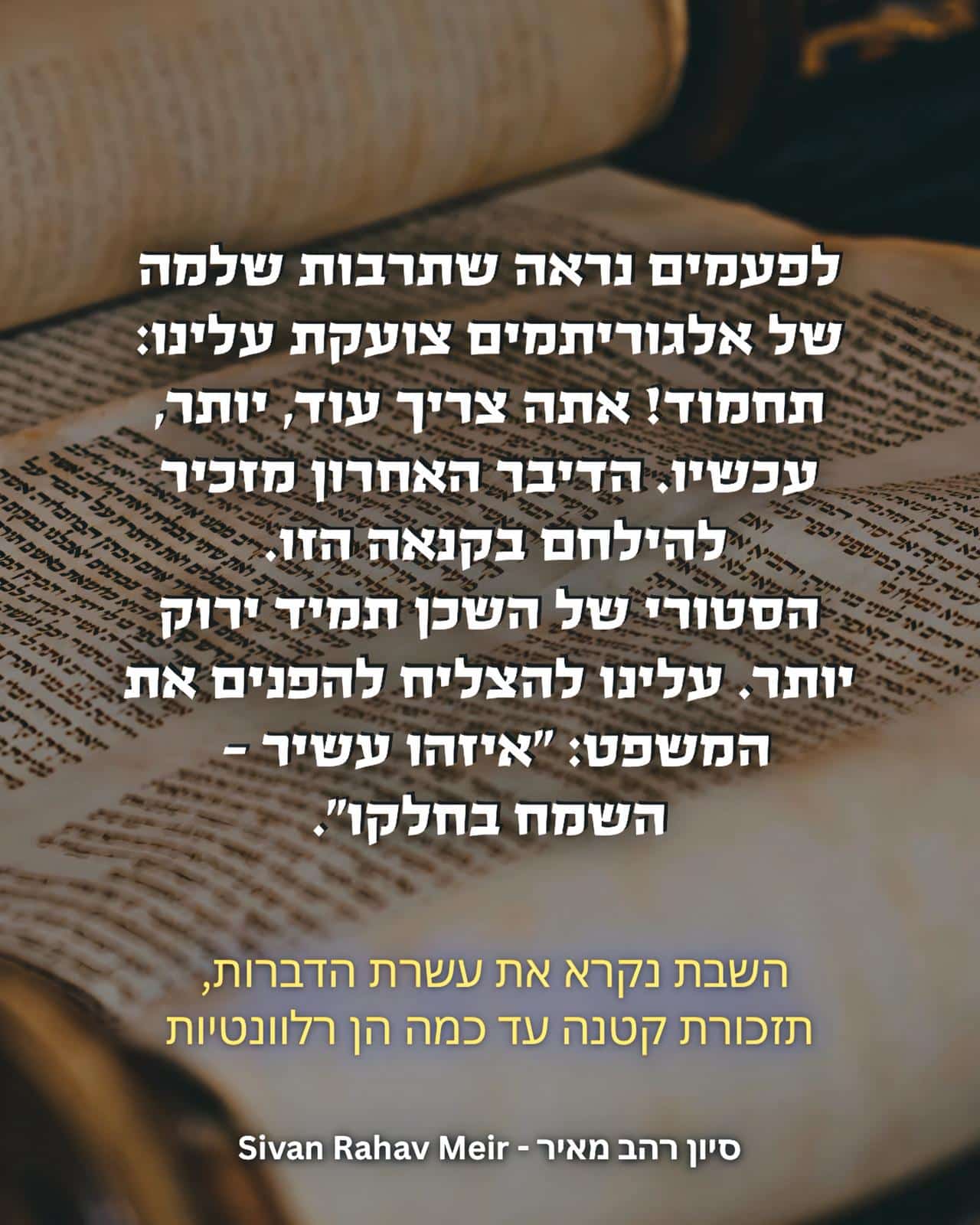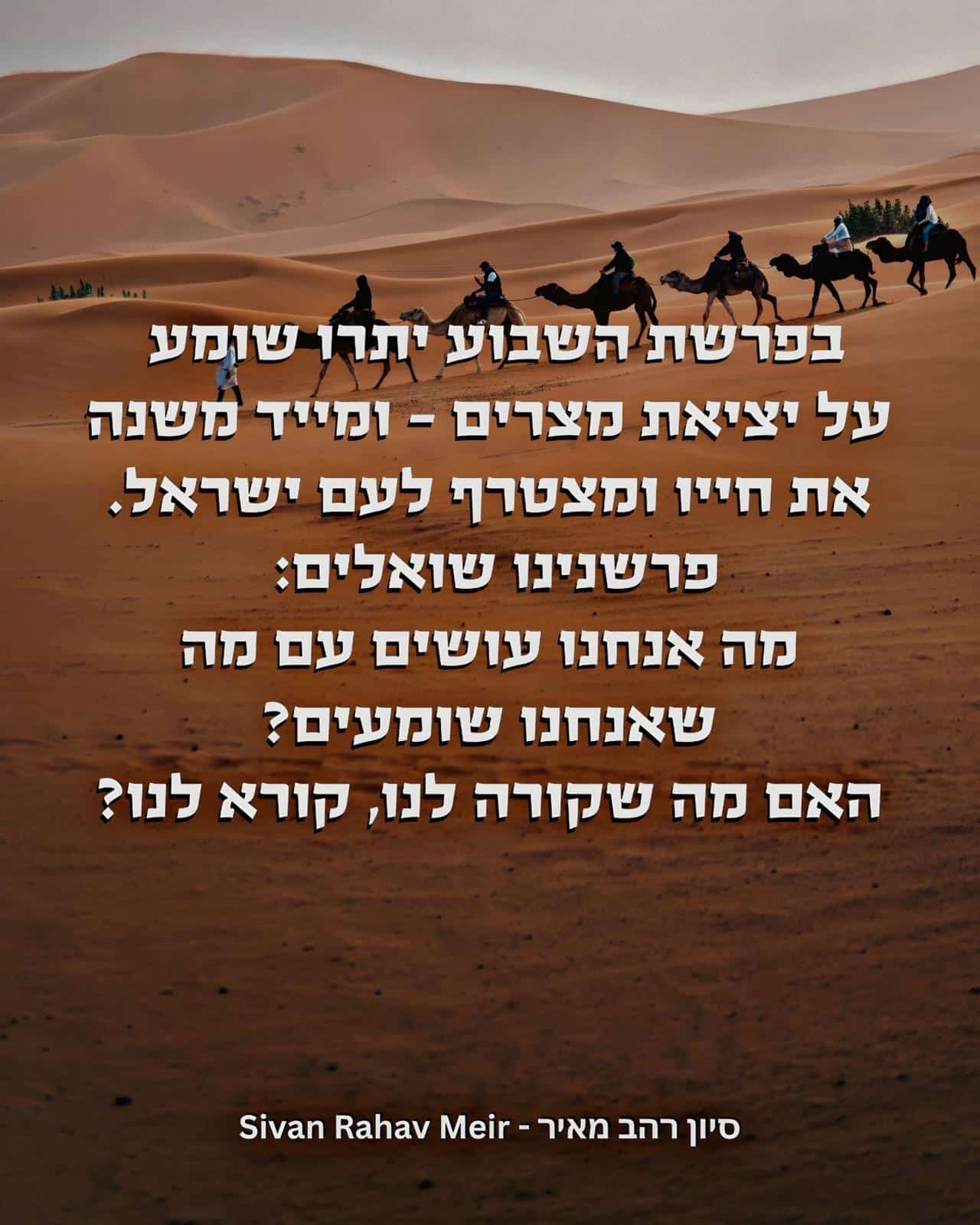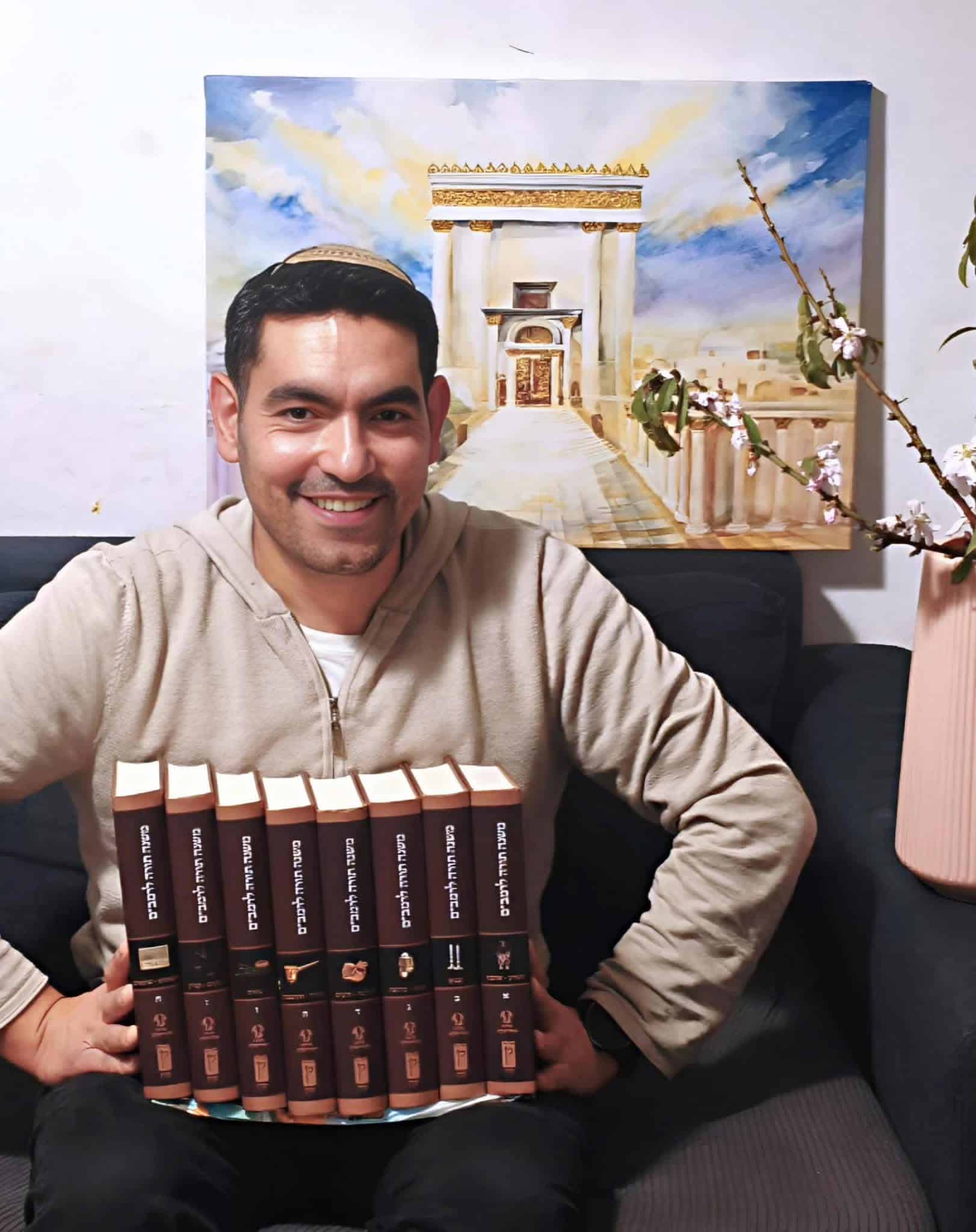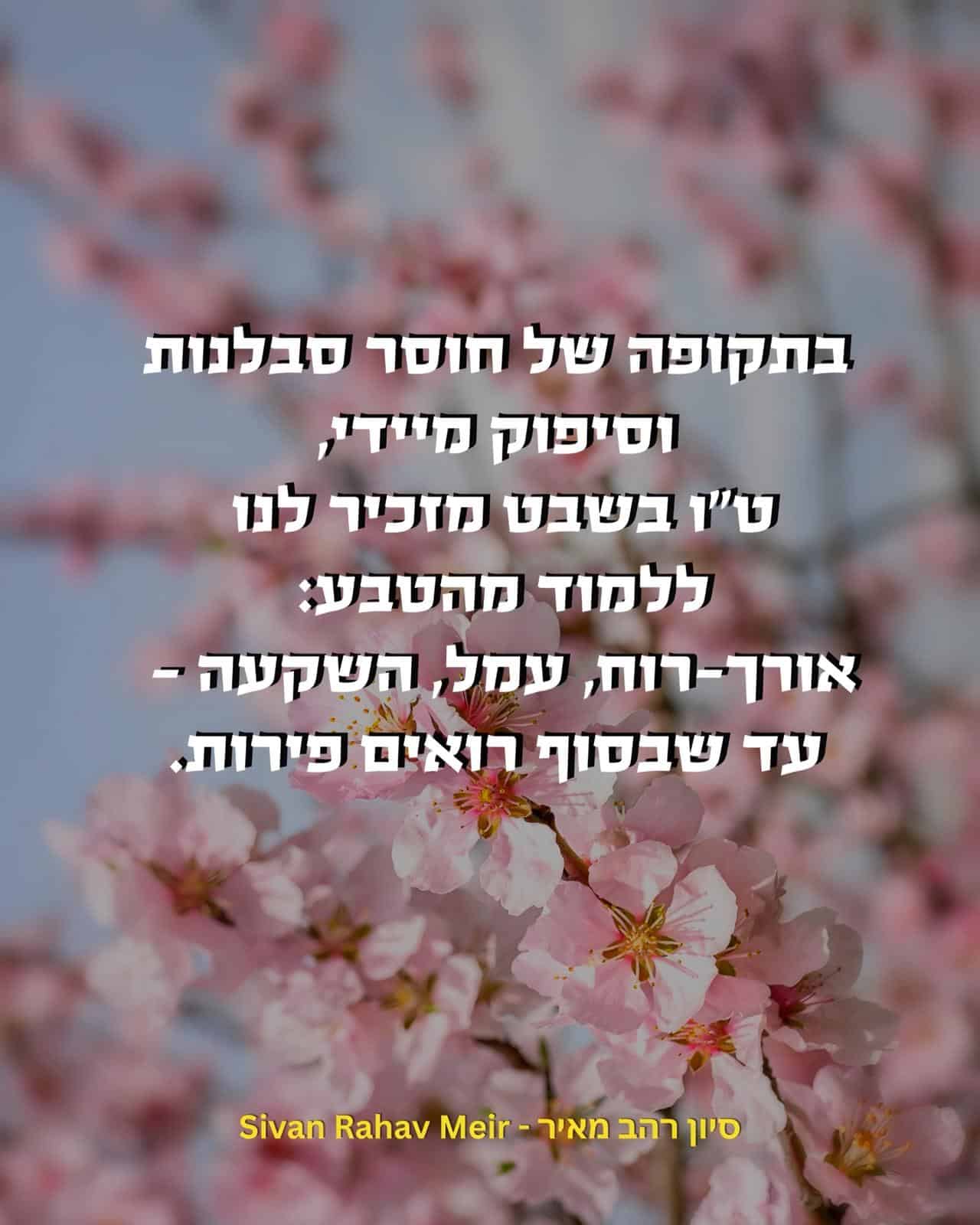Translation by Yehoshua Siskin
Shavua tov, chodesh tov, shana tova! Today is the second day of Rosh Chodesh Elul, a magnificent day for new beginnings as we approach the launch of 5783. There are many Elul customs and halachot and here are a few of them.
1. Recitation of Psalm 27. From today until the end of the Sukkot holiday, it is customary to recite the powerful words of this psalm near the conclusion of morning and afternoon prayers. The psalm opens as follows: "The Lord is my light and my salvation -- whom shall I fear? The Lord is the strength of my life -- whom shall I fear?"
2. Blowing of the shofar. Throughout the month of Elul, on Rosh Hashanah, and at the conclusion of prayers and fasting on Yom Kippur, the shofar is blown. The shofar is associated with "shipur" (improvement) and is meant to awaken us and remind us of what is essential as opposed to nonessential, on what is eternal as opposed to temporary.
3. Recitation of Selichot (prayers for Divine forgiveness). Sephardim begin to say Selichot starting tonight or early tomorrow morning, while Ashkenazim will join them in the final days before Rosh Hashanah. The focus of the biblical passages and ancient piyutim (liturgical poems) that comprise Selichot are atonement and self-purification, Divine mercy and compassion.
4. Increase of prayers, psalms, and good wishes to one another. It is customary to increase our prayers and reading of psalms this month and, already, to wish each other ketiva vechatima tova -- may you be inscribed and sealed (in the Book of Life). These practices are an acknowledgement of the power of our words.
5. Focus on the "Rosh" in Rosh Hashanah. It's the time of year to focus on the rosh or head -- that which we cannot do without. Therefore, this is a most appropriate time to check the status of tefillin and mezuzot and wish success to those who are returning to the eternally sustaining practice of Torah study. Above all, we need to attach ouselves to the essence of Elul, which is to search our souls and examine our spiritual condition just as a business is annually evaluated by examination of its gains and losses during the previous year. We do not want to live solely by ingrained habits but to stop and ask ourselves where we want to be in the new year. Not to just go with the flow. but to grow. This is a month of reconciliation, closeness, and love. After the sin of the golden calf and the breaking of the Tablets of the Covenant, these are the days when Moshe Rabbeinu asked for and was granted forgiveness, ultimately returning to the people with a whole new set of Tablets on Yom Kippur. He taught us that it is always possible to rectify our sins, especially at this time of year.
May everyone enjoy a successful month of Elul.


